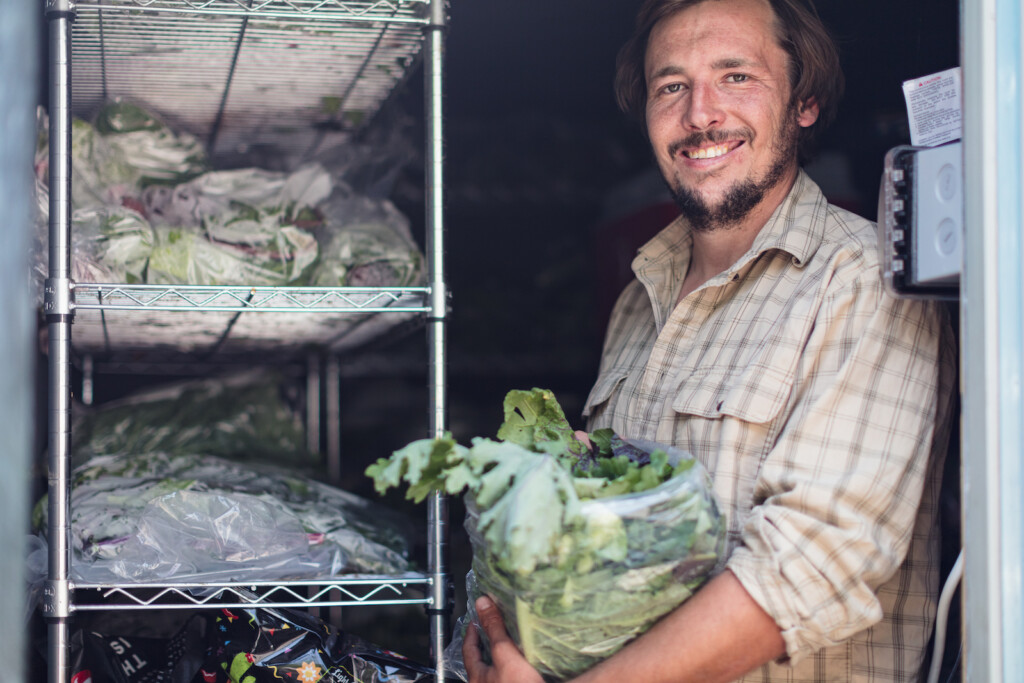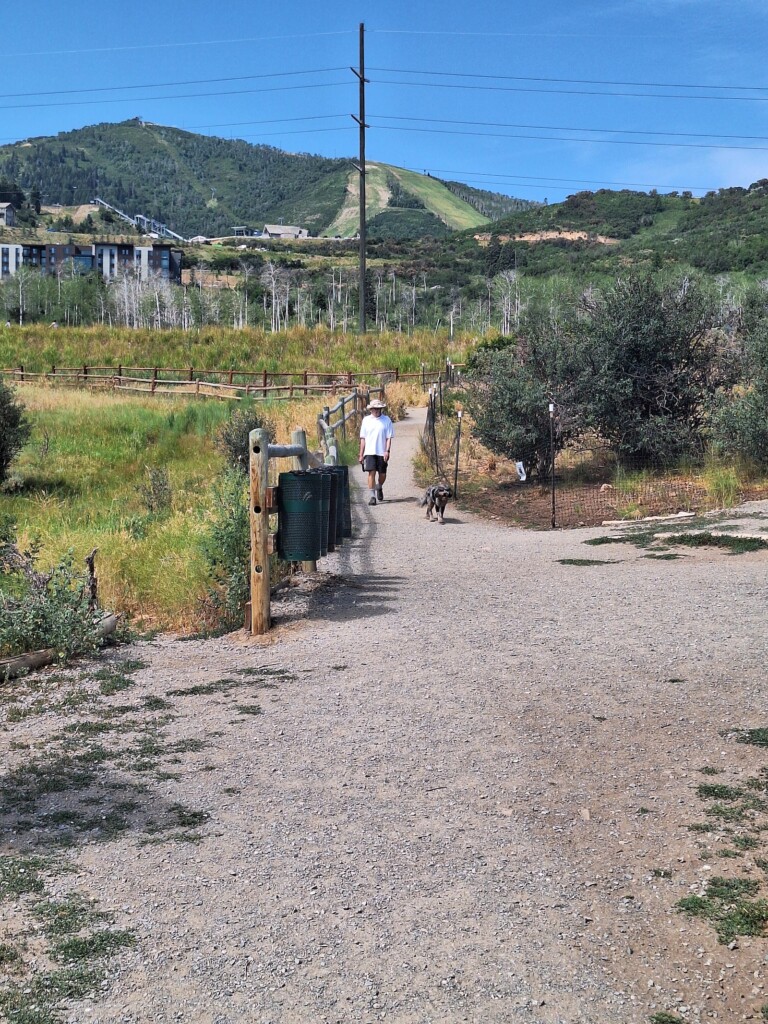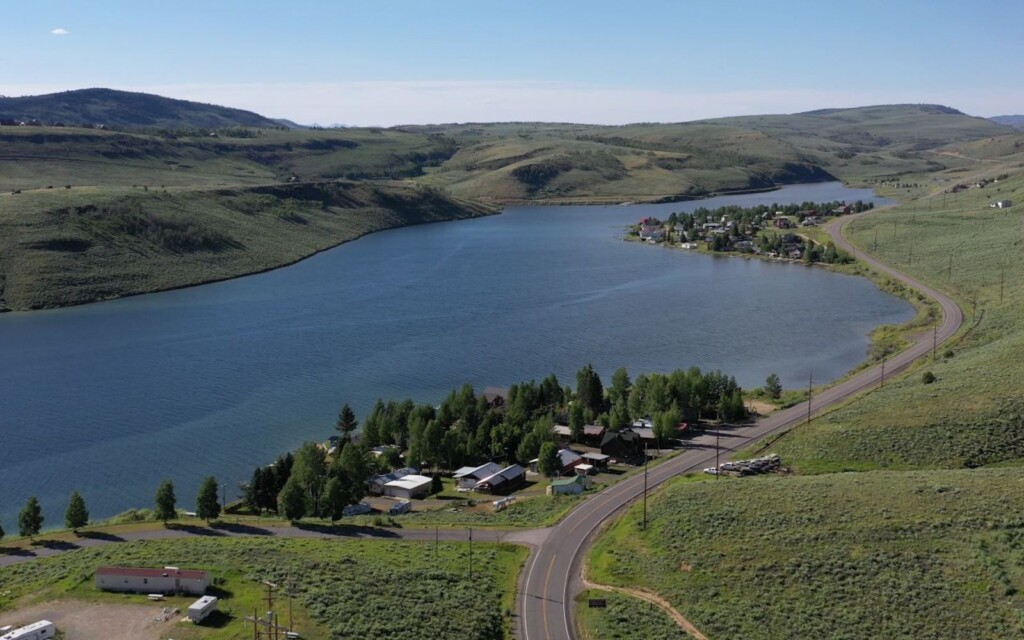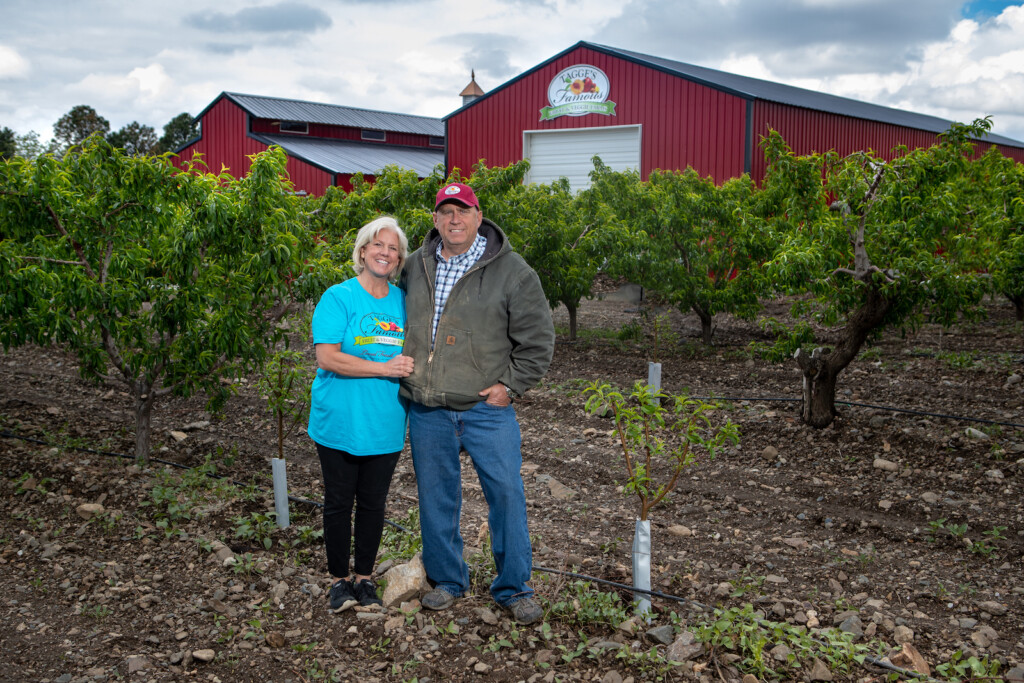Salt Lake’s urban farming scene just got the largest infusion of cash, maybe ever, thanks to a joint effort by farmers of the Utah Food Coalition. The Village Cooperative, alongside Wasatch Community Gardens and Stagl Organics, has recently been awarded a $380,000 grant from the Utah Department of Health and Human Services. It is meant to bolster the efforts of urban food production in Salt Lake City and to provide local, fresh, healthy food to families in need.
Darin Mann, founding member of the Utah Food Coalition and founder of the Village Cooperative Farm, presented the idea to other farmers in the coalition in 2022, and together they applied for the grant. It will fund the Food for Families Project, which is a partnership between the Green Phoenix Farm of Wasatch Community Gardens, the Village Cooperative, and Stagl Organics, to grow and distribute 140 annual shares (weekly boxes of locally grown produce) for Salt Lake families experiencing poverty and those in marginalized communities, entirely for free.
Stagl Organics, a partner to the Village Cooperative (also known as ‘the Village’ or ‘the Village Farm’) will grow 100 shares, while the Village will grow 40 shares. (A share is a weekly box of locally grown produce.) The Green Phoenix Farm is undergoing some transitions and will begin growing food for this program in 2024.
This grant opens up the capacity of these farms to sell far more produce in 2023, 2024, and beyond. The Village Farm expects to triple its operations this year. Meanwhile Stagl Organics, which was on the brink of shutting down, will now continue to function for at least three more years. All three farms are located on the west side of Salt Lake City, in neighborhoods considered to be food deserts, or places where there’s a scarcity of access to fresh, healthy food.
With increased capacity, the farmers hope to use this momentum to engage more volunteers and to demonstrate what’s possible for the small-scale farming scene in Salt Lake City. Since receiving this grant, there has been a tremendous upswell of community support, with 120 volunteers already showing up to install new gardens as well as preparing and planting spring beds.
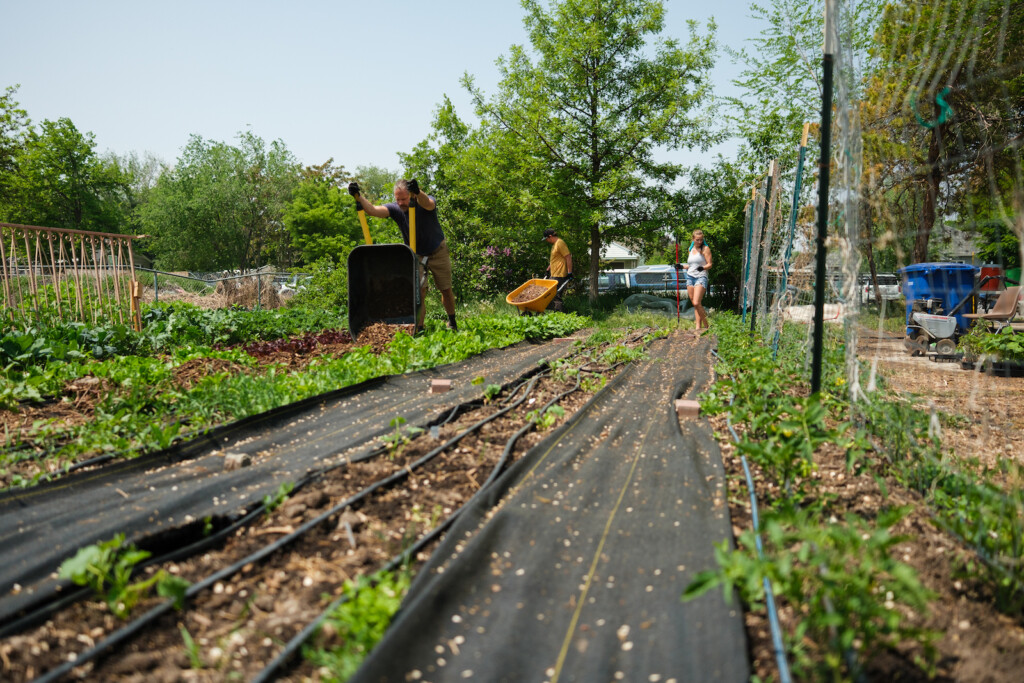
Every Village Cooperative garden is located on the west side of Salt lake City, in the backyards of homeowners in those neighborhoods. The Village Farm follows a “one-thirds” model for distributing the food they grow; homeowners receive a weekly share of produce, volunteers receive a share, and the other third goes to families in the community.
“This is truly food with a cause. It’s not just being grown for market value. It’s for the betterment of the community. It’s being grown both for people who have the means to shop locally and for people in need to receive help,” Mann says.
One aspect of the Village Cooperative’s mission is to use local food production to connect inter-faith communities around Salt Lake City. The Village has partnered with the Islamic Society of Bosniaks in Utah, the Guadalupe Catholic Church, and the LDS Church in past years to grow and distribute fresh, healthy food. The Islamic Society of Greater Salt Lake has partnered with the Village as their food distribution hub for this project, so many people in their congregation will receive shares.
Mohamed Jama of the Islamic Society of Bosniaks in Utah said, “Nutritious food is desperately needed for our less fortunate Muslim community members. Receiving fresh vegetables weekly goes a long way in helping to ward off disease and maintain their health.”
Darin Mann commented, “This program model shows how it’s possible to sell produce, help those in need, and give back to community volunteers. It shows how it’s possible to build a localized food system that’s independent from industrial agriculture, while increasing food security and community resilience.”
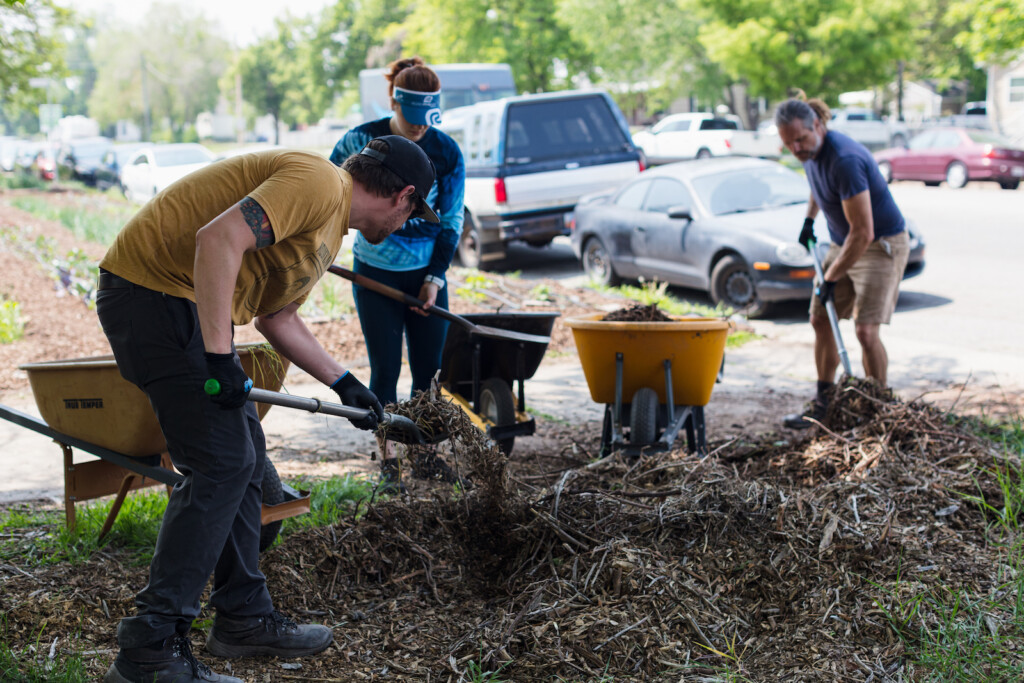
He went on, “There is massive food production potential in Salt Lake City that’s generally underutilized. This kind of small-scale urban farming can address food deserts along the west side of Salt Lake City, while providing life-enriching jobs and economic development to the area as well.”
Some local farms have had to shut down in recent years. Urban farming has been losing land as parcels have been re-zoned for residential housing developments that were previously zoned for agriculture. Lawns require a lot of water only to produce a monoculture of grass. These local farmers would like to see them converted into food-producing green spaces, such as community gardens and urban farms, which enhance the diversity of pollinators and other species in the area, improving farming objectives and enhancing life for everyone in the area.
These Salt Lake City farmers hope to see small farming continue to gain traction in Salt Lake City, so locally-grown, fresh, healthy produce is available to all who would like it, and not just a niche market for the affluent. Even though the Food for Families Project is a huge leap for the urban farming scene here, they hope it’s just the beginning.
Shares in the Food for Families Project are sold out for 2023. However, it’s not too late to get involved. You can volunteer at the Village Farm and become part of the community there, which is the best way to be notified when shares become available in 2024.
Salt Lake’s urban farming scene just got the largest infusion of cash, maybe ever, thanks to a joint effort by farmers of the Utah Food Coalition. The Village Cooperative, alongside Wasatch Community Gardens and Stagl Organics, has recently been awarded a $380,000 grant from the Utah Department of Health and Human Services. It is meant to bolster the efforts of urban food production in Salt Lake City and to provide local, fresh, healthy food to families in need.
Darin Mann, founding member of the Utah Food Coalition and founder of the Village Cooperative Farm, presented the idea to other farmers in the coalition in 2022, and together they applied for the grant. It will fund the Food for Families Project, which is a partnership between the Green Phoenix Farm of Wasatch Community Gardens, the Village Cooperative, and Stagl Organics, to grow and distribute 140 annual shares for Salt Lake families experiencing poverty and those in marginalized communities, entirely for free.
You can learn more here.

